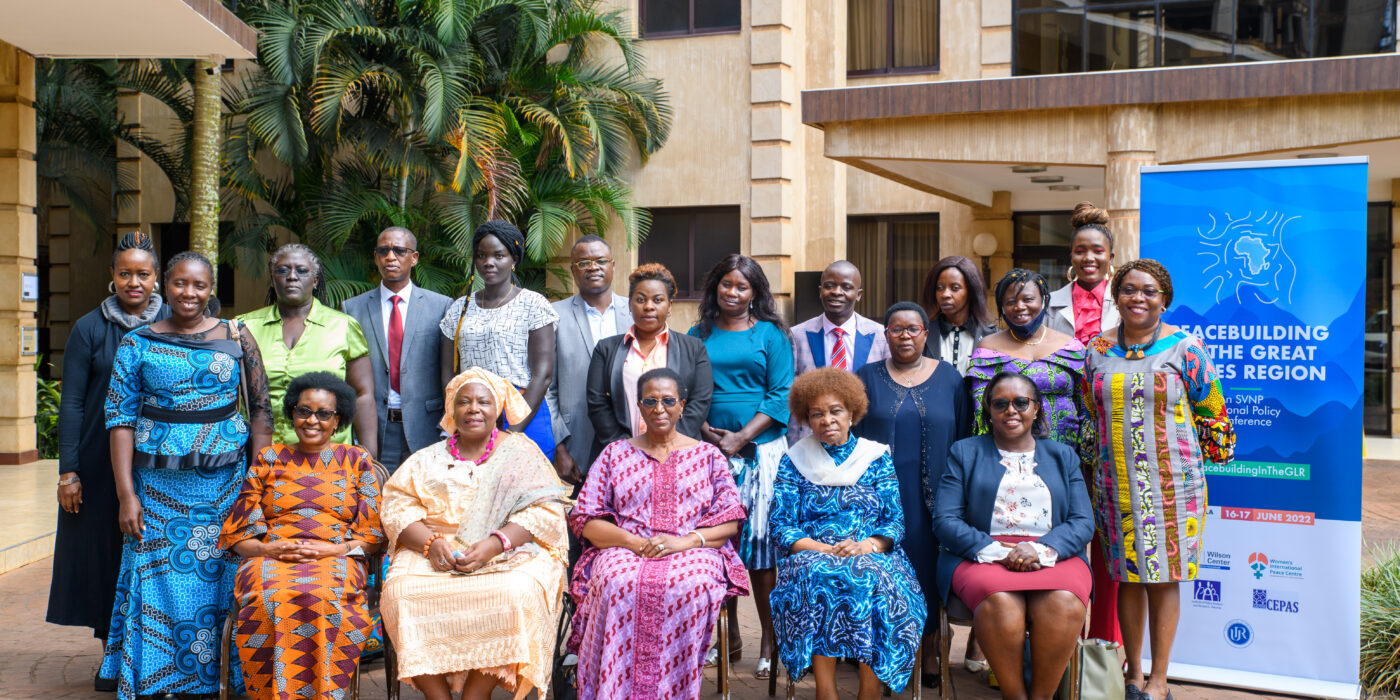Countries in the Great Lakes Region (GLR) such as DRC, Rwanda, Uganda, Burundi, Central African Republic and South Sudan have been prone to conflict for several decades, and have witnessed some of the worst conflicts on the African continent. Among these are the genocide in Rwanda, civil war in Burundi and South Sudan, conflict in Sudan (Darfur), cross-border conflict in the Democratic Republic of the Congo (DRC), and, more recently, sectarian conflict in Central African Republic (CAR).
Based on the recognition that political instability and conflicts in these countries have a considerable regional dimension and thus require a concerted effort in order to promote sustainable peace and development, the International Conference on the Great Lakes Region was established.
On 16th and 17th June 2022, the Peace Centre, Centre d’Etudes pour l’Action Sociale (CEPAS), Institute of Policy Analysis and Research (IPAR-Rwanda) and the Centre for Conflict Management (CCM) of the University of Rwanda organised the regional conference as collaboration between the Great Lakes Region of African members of the Southern African Network for peace building (SVNP), under the auspices of the Woodrow Wilson International Centre for Scholars Africa Program.
The meeting hosted 80 participants (30 in person, 50 online) including; Civil Society Organization partners, peace building practitioners and policymakers from Burundi, CAR, DRC, South Sudan, Uganda, Rwanda and United States of America to reflect on current peace building challenges and solutions/opportunities for national and regional level action.
The two days conference sought to help participants;-
- Gain a deeper understanding of the root causes of conflict in the GLR and efforts to resolve them, drawing from lessons.
- Interrogate the role of different stakeholders in building peace in the region and reflect on their various approaches to peace building.
- Assess the implementation of the various national and regional peace frameworks and lessons learnt and develop strategies for more effective approaches to peace building in the region
- Reflect on the current dynamic in the context of COVID-19 and its impact on peace building in the region.
- Provide a platform to create collaboration and networking among SVNP members in the region and policy makers.
The meeting highlighted key issues such as poor governance, violation of human rights and the rule of law, marginalization and inclusion of all populations, ethnic tensions, critical poverty and failure to invest in the youth who constitute the majority of countries in the region, dependency on Western institutions which influence agendas, ethnicity and tribalism, uncontrolled movement of small arms and light weapons as continous drivers of conflict in the region.
Discussions also focused on examining the role of regional institutions, the international community, non state actors, reviewing the Implementation of Peace Agreements in the Great Lakes Region as well as addressing the Women, Peace and Security Agenda through drafting new and more comprehensive strategies and approaches to address the many drivers of conflict.
In conclusion, the meeting proposed recommendations to a number of key issues that included; Establishment of independent think-tanks, strengthening of civil society to hold governments accountable, localisation of peacebuilding initiatives and establishment of measures to control the illicit movement of small arms and light weapons.



